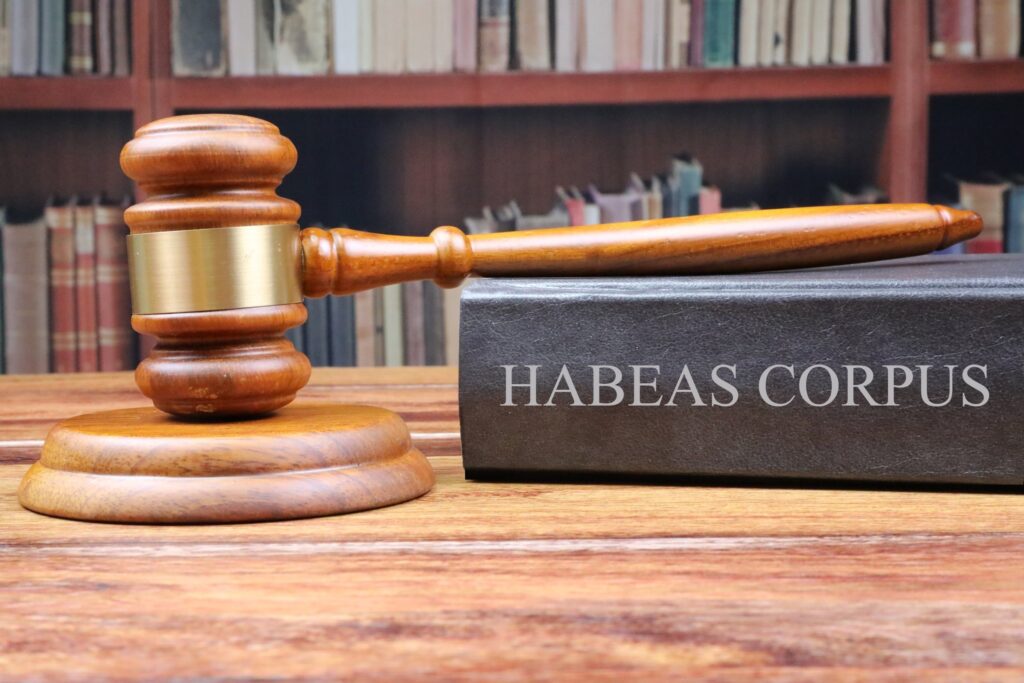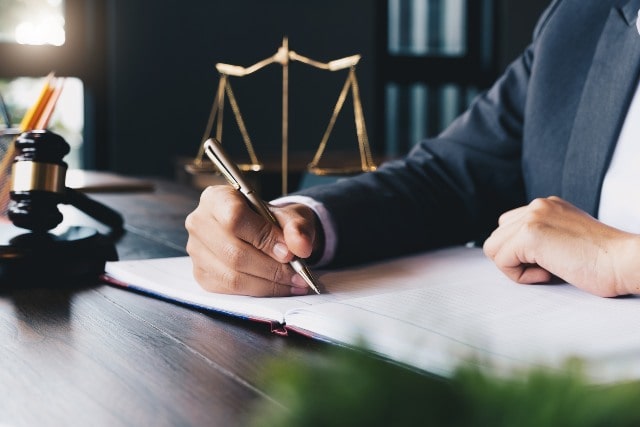Understanding the Duty of a Post-Conviction Legal Representative in Looking For Justice After a Criminal Conviction
In the complex landscape of post-conviction lawful process, the function of a post-conviction attorney is pivotal in browsing the course to justice after a criminal conviction. Beyond the boundaries of a trial, these legal specialists involve in a diverse method intended at revealing new evidence, tough lawful errors, and advocating for their clients' rights. The details of post-conviction job require a mix of legal acumen, investigative abilities, and tactical thinking to unwind the complexities of a case and go after avenues that might have been neglected or underexplored. As the search of justice prolongs beyond the boundaries of initial process, the function of a post-conviction lawyer arises as a beacon of wish for those seeking to rectify oppressions and reclaim their legal rights within the legal system.
Post-Conviction Attorney's Investigatory Work
Post-conviction legal representatives participate in meticulous investigatory work to reveal new proof, step-by-step errors, or transgression that might possibly cause overturning a sentence. This investigative stage is important in the post-conviction process as it intends to identify any type of overlooked information or legal mistakes that may have influenced the outcome of the first trial. Post-conviction lawyers explore instance files, witness testaments, and legal paperwork with a fine-tooth comb, browsing for any type of disparities or abnormalities that can be grounds for charm.
Via comprehensive investigation, post-conviction legal representatives intend to shed light on potential injustices that may have happened throughout the initial test. By looking at every aspect of the legal procedures, post-conviction lawyers function relentlessly to reveal any kind of factors that may have affected the judgment.
Crafting Appeals and Petitions
In the search of justice after a sentence, experienced lawyers carefully craft charms and applications to existing engaging arguments for the reconsideration of legal decisions. Crafting charms and applications needs a deep understanding of the legal system, focus to information, and calculated reasoning. Post-conviction lawyers evaluate test documents, identify prospective mistakes or infractions of civil liberties, and develop lawful debates to test the conviction or sentence.
When crafting an appeal, attorneys concentrate on highlighting lawful mistakes that might have impacted the end result of the instance. They look into situation legislation, statutes, and legal precedents to sustain their debates. Applications, on the various other hand, might include providing brand-new proof that was not offered during the test or showing modifications in the law that warrant a testimonial of the conviction.
Moreover, post-conviction legal representatives have to abide by strict step-by-step guidelines and deadlines when submitting appeals and applications. They need to present their debates clearly and persuasively to encourage the court to give relief to their customers. Through thorough crafting of charms and petitions, post-conviction attorneys strive to safeguard justice for individuals that have been wrongfully founded guilty or unfairly punished.

Going After Post-Conviction Relief
Post-conviction alleviation includes a range of lawful systems designed to test the validity of a sentence or sentence. Post-conviction legal representatives play a vital function in browsing these complex treatments, making sure that all legal choices are explored to remedy injustices that may have occurred during the test or sentencing phase.
One common type of post-conviction alleviation is filing a request for post-conviction alleviation, usually based on insurance claims of inefficient help of advice, prosecutorial transgression, freshly discovered proof, or constitutional offenses. Experienced post-conviction legal representatives have the abilities and expertise essential to identify viable lawful cases, perform examinations, and existing engaging disagreements to protect relief for their clients.
Utilizing Forensic Evidence
When testing a sentence or sentence, the calculated application of forensic proof can be an effective tool in post-conviction legal proceedings. Forensic proof incorporates a vast array of clinical strategies made use of to explore crimes and develop realities in court. Post-conviction legal representatives can utilize forensic evidence to test the legitimacy of sentences by providing new check my site clinical searchings for that were not offered during the original trial.

Involving in Sentence Alterations
Post-conviction legal representatives might discover the opportunity of sentence adjustments as a legal avenue to address disproportionate or unjustified sentences passed on in criminal situations. Sentence adjustments include seeking adjustments to the regards to an accused's sentence after a conviction has happened. These alterations can consist of decreasing the length of a sentence, modifying the kind of punishment imposed, or discovering alternate sentencing options.
Post-conviction legal representatives can seek sentence adjustments through numerous lawful mechanisms, such as submitting activities for sentence reduction, appealing for compassionate launch, or discussing plea bargains for minimized sentences. They should thoroughly assess the conditions of the situation, examine the legal premises for seeking an adjustment, and present engaging disagreements to the court sustaining the requirement for a revised sentence.
Taking part in sentence modifications calls for a comprehensive understanding of criminal law, punishing guidelines, and the certain procedures entailed in seeking post-conviction alleviation. Post-conviction lawyers play a critical function in supporting for fair and simply outcomes by difficult sentences that are unduly harsh or do not line up with the concepts of justice.
Conclusion
To conclude, the role of a post-conviction attorney is crucial in looking for justice after a criminal sentence. Through investigatory work, crafting charms and applications, pursuing post-conviction relief, making use of forensic evidence, and taking part in sentence modifications, these lawful specialists play a crucial duty in promoting for their clients and making sure that their civil liberties are upheld within the criminal justice system. Their commitment and competence are essential in navigating the complexities of post-conviction procedures and attaining a reasonable outcome for individuals dealing with criminal sentences.
Comments on “Legal Competence on Habeas Corpus: Attorney Solutions and Support”